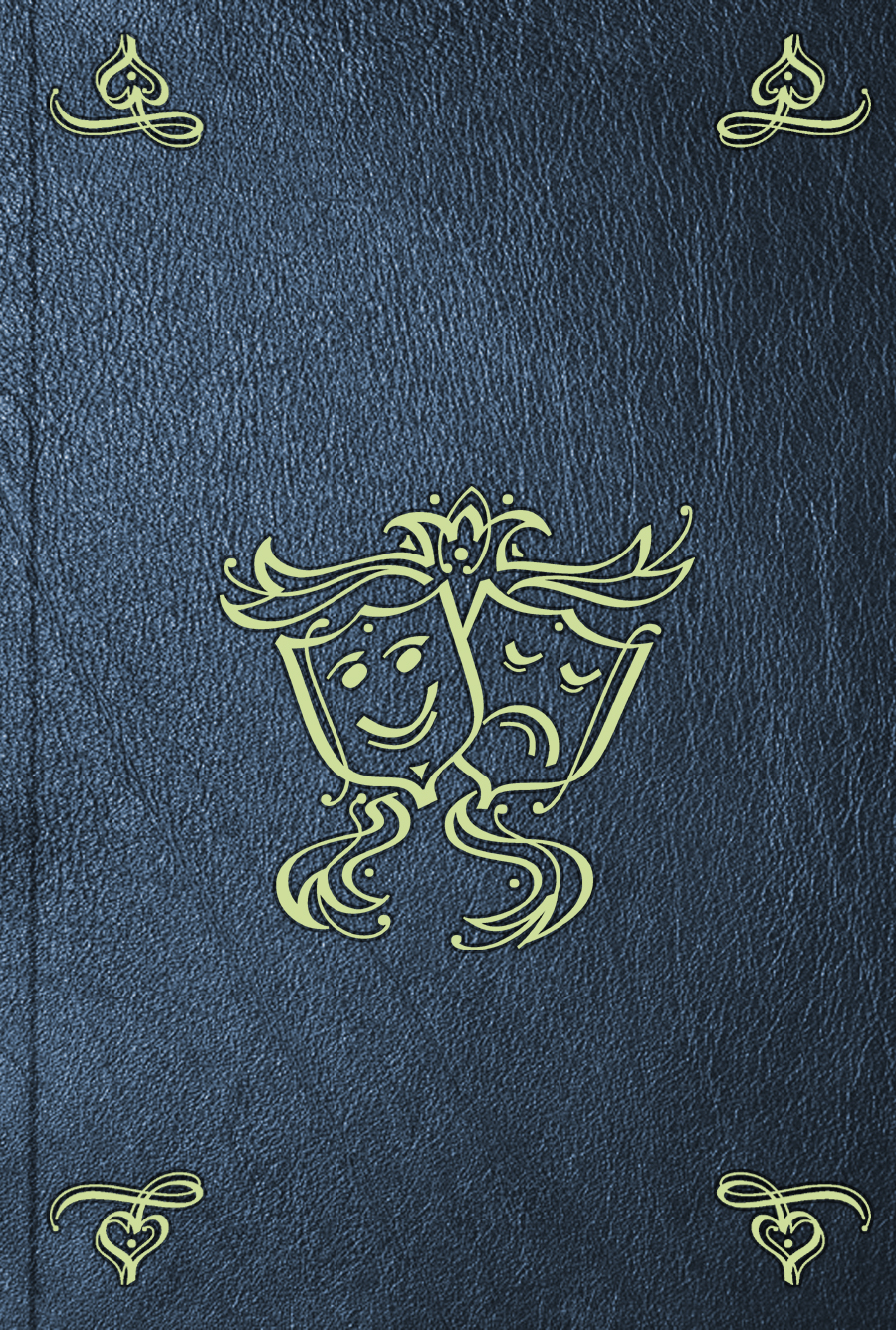Электронная книга: Prosper Jolyot de Crébillon «Oeuvres. T. 2»

|
Полный вариант заголовка: «Oeuvres de Crebillon. Tome 2». Издательство: "Библиотечный фонд" (1818)
электронная книга Скачать бесплатно на Litres |
Другие книги автора:
| Книга | Описание | Год | Цена | Тип книги |
|---|---|---|---|---|
| Oeuvres. T. 1 | Полный вариант заголовка: «Oeuvres de Crebillon. Tome 1» — Библиотечный фонд, электронная книга Подробнее... | электронная книга |
Prosper Jolyot de Crébillon
Prosper Jolyot de Crébillon (
Life and works
He was born in
In 1707 Crébillon had married a penniless girl, who had since died, leaving him two young children. His father had also died, insolvent. In three years at court he had gained nothing and aroused considerable envy. Oppressed with
In 1731, despite his long seclusion, he was elected to the
Crébillon was considered by many to be superior to
There are numerous editions of his works, among which may be noticed: "Œuvres" (1772), with preface and "éloge", by
References
*"This entry incorporates public domain text originally from the
Источник: Prosper Jolyot de Crébillon
См. также в других словарях:
Oeuvres de misericorde — Œuvres de miséricorde Les Œuvres de miséricorde, qui sont définies dans l Évangile selon saint Matthieu (XXV 25 et 34 36), sont les actions que chaque chrétien doit accomplir pour se montrer charitable et racheter ses fautes. Elles donnent l… … Wikipédia en Français
Oeuvres de miséricorde — Œuvres de miséricorde Les Œuvres de miséricorde, qui sont définies dans l Évangile selon saint Matthieu (XXV 25 et 34 36), sont les actions que chaque chrétien doit accomplir pour se montrer charitable et racheter ses fautes. Elles donnent l… … Wikipédia en Français
Oeuvres — Œuvre Cette page d’homonymie répertorie les différents sujets et articles partageant un même nom … Wikipédia en Français
Oeuvres Morales (Plutarque) — Œuvres morales Les Œuvres morales ou Moralia (en grec ancien Ἠθικὰ / Ethikà, en latin Moralia) sont un ensemble éclectique de textes grecs de Plutarque (Ier IIe siècle). Ils traitent de différents sujets qui peuvent être d’ordre religieux ou … Wikipédia en Français
Oeuvres basees sur la mythologie nordique — Œuvres basées sur la mythologie nordique Cette page regroupe les œuvres principalement fondées sur la mythologie nordique et les références qu on y retrouve. Sommaire 1 Adaptations 1.1 Bande dessinée 1.2 Cinéma 1.3 … Wikipédia en Français
Oeuvres d'Antoni Gaudi — Œuvres d Antoni Gaudí Cette page d’homonymie répertorie les différents sujets et articles partageant un même nom. Œuvres d Antoni Gaudí est le terme utilisé par l UNESCO pour caractériser différents biens de Barcelone : Inscrits en… … Wikipédia en Français
